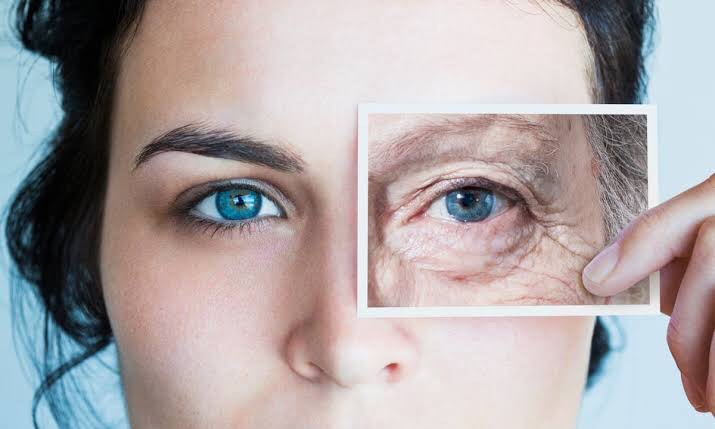A revolutionary theory of ageing that explains why people can become feeble after they reach their 70s has opened the promise of novel treatments for ageing-related diseases and decline.
Researchers at Cambridge found a process that causes a “catastrophic” shift in the composition of blood as people age, raising the risk of blood malignancies and anaemia while also reducing the ability of white blood cells to develop resistance.
Similar changes, the researchers thought, occur in organs all throughout the body, from the skin to the brain, which could explain why people age healthily for decades before undergoing a more rapid decline in their 70s and 80s.
Dr. Peter Campbell, a senior author on the paper and head of cancer, ageing, and somatic mutation programme at the Sanger Institute in Cambridge, stated, “What’s intriguing about this work is there may be a shared set of processes at action.” The ultimate goal would be to slow or intervene in the ageing process, but at the absolute least, this might be used to determine biological age.
Although ageing is a complex process, many scientists believe that the steady accumulation of mutations in cells causes the body’s capacity to operate correctly to deteriorate. According to new research, thinking is incorrect or at best partial, and “selfish” cells that rise to supremacy in old age are to blame.
Campbell and his colleagues analysed blood cells from newborns to persons in their 70s and 80s, working with experts at the Wellcome-MRC Cambridge Stem Cell Institute. Adults under 65 possessed a diverse community of 20,000 to 200,000 different types of stem cells in their bone marrow, which produced a wide spectrum of red and white blood cells.
The situation was drastically different among the over-65s. About half of their blood cells come from only 10 or 20 different stem cells, drastically limiting the diversity of the person’s blood cells and having negative health repercussions.
Researchers rejuvenates 53 years old women’s skin to of 23 years old
Researchers explain in a publication that while stem cells that make blood accumulate mutations over time, the majority of these changes are innocuous. However, issues develop when uncommon “driver” mutations cause stem cells to grow more quickly, resulting in lower-quality blood cells as a result. When an individual is in their 30s and 40s, the growth advantage of the aberrant stem cells is negligible, but after they reach the age of 70, these fast-growing cells take over blood cell production.
According to Campbell, exponential growth explains why there is such a dramatic change in frailty beyond the age of 70, and why ageing begins at that age.
Blood malignancies and anaemia are connected to faster-growing blood stem cells, but they also render people more susceptible to infections and medical treatment.
Many of the same observations may be made regarding other organ systems, according to Campbell. The researchers now plan to seek a similar process in the skin to figure out why wrinkles and slower wound healing occur as people age.
Chronic inflammation, smoking, infection, and chemotherapy, according to Dr Elisa Laurenti, an assistant professor at the Wellcome-MRC Cambridge Stem Cell Institute and a co-senior researcher on the study, could all create cancer-causing mutations in stem cells.
“We predict that these factors will hasten the age-related reduction in blood stem cell variety,” she said.
It’s probable that other factors will slow down the process as well. We now have the interesting task of determining how these newly identified mutations affect blood function in the elderly in order to learn how to reduce illness risk and promote healthy ageing.


